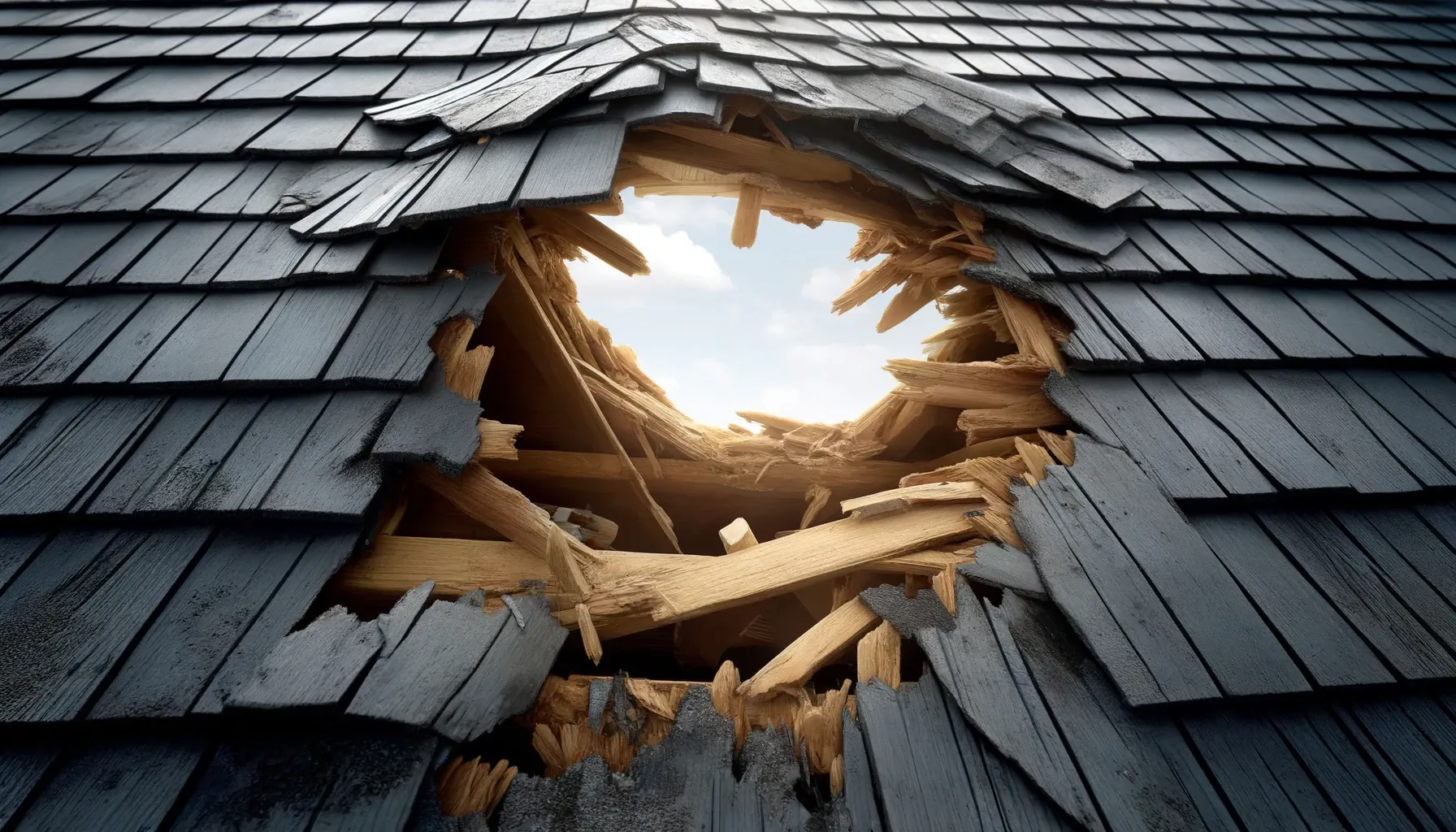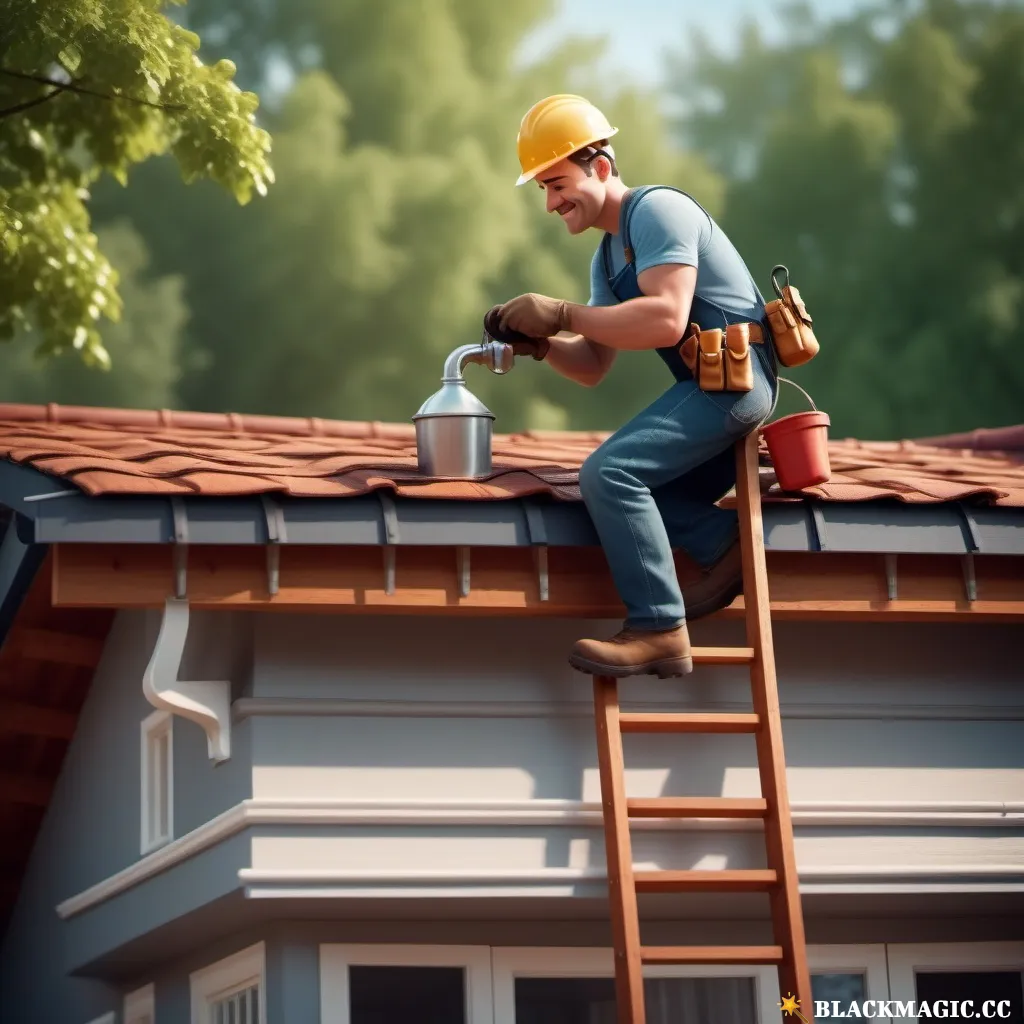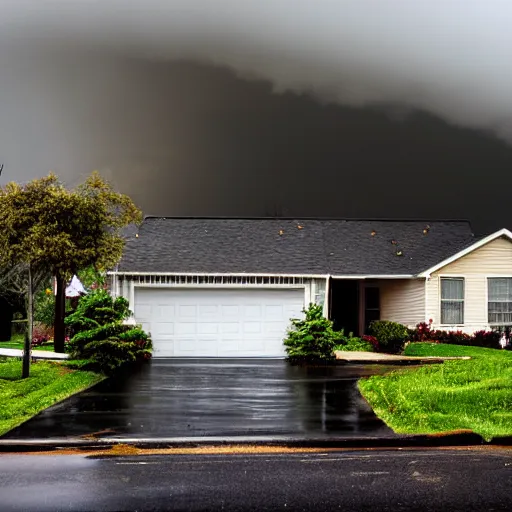How Much Does it Cost to Fix a Rooftop?
So, you've found yourself with a leaky roof and now you're wondering just how much it's going to cost to get it fixed.
Well, fret not, because today we're here to demystify the world of rooftop repairs and give you a clear understanding of what you'll be looking at in terms of cost.
Whether it's a minor leak or a major repair, we've got you covered with all the information you need to make an informed decision. So sit back, relax, and let's dive into the fascinating world of rooftop repairs!
Factors Affecting Roof Repair Costs
Roof Type
The type of roof you have plays a significant role in determining the cost of repairs.
Different roof types require specific materials and labor techniques, which can affect the overall expense. For example, a basic asphalt shingle roof may be easier and cheaper to repair compared to a more complex roof with multiple slopes and materials.
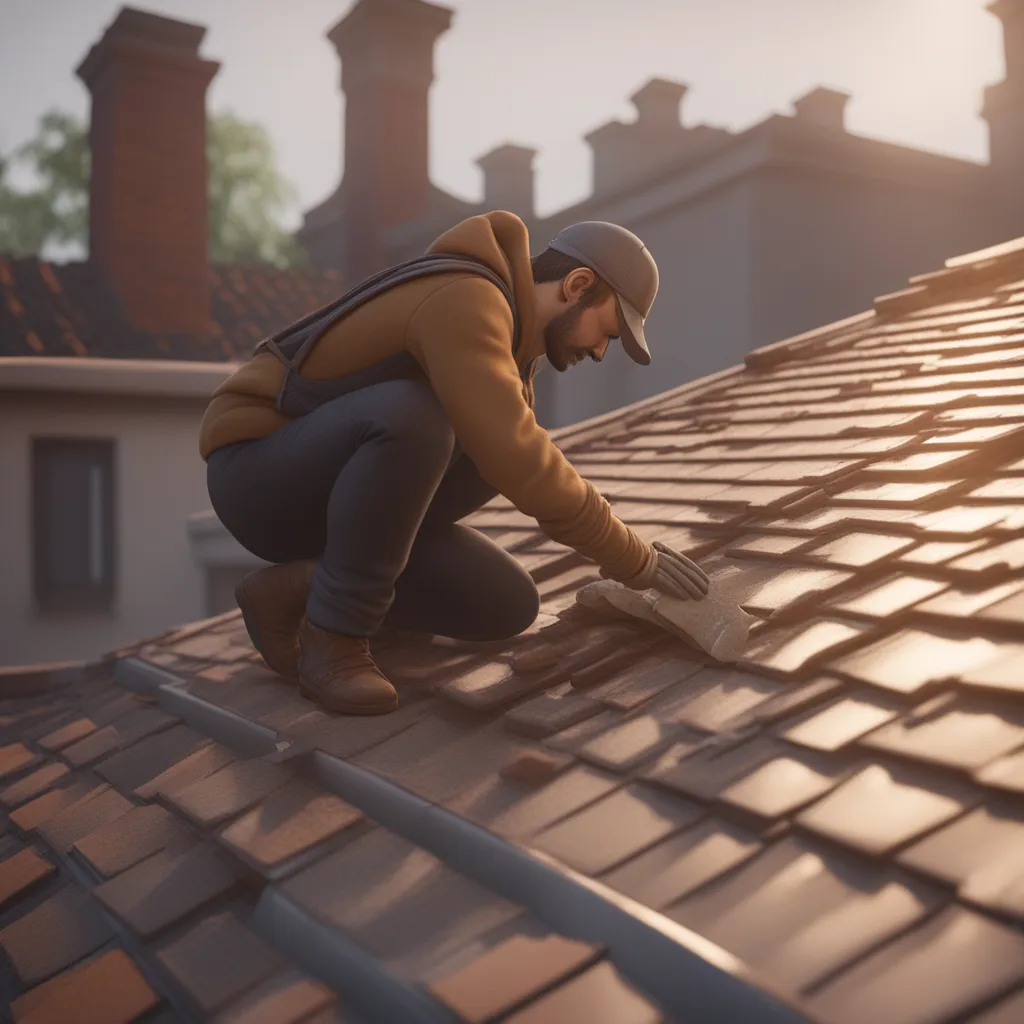
Roof Size
The size of your roof is another factor that influences the cost of repairs. A larger roof requires more materials and labor, increasing the overall expense. In contrast, smaller roofs may be more cost-effective to repair due to their reduced materials and labor requirements.
Extent of Damage
The extent of damage is a crucial consideration when determining repair costs. Minor issues, such as a few missing or damaged shingles, may be relatively inexpensive to fix. However, if the damage is extensive, such as widespread leaks or structural damage, the repair costs can escalate significantly.
Materials Used
The materials used for repairing your roof also impact the overall cost. Different materials have varying price points, with some being more expensive than others.
Factors such as durability, quality, and availability can contribute to the variations in material costs. Understanding the pros and cons of different materials can help you make an informed decision about the repair materials that best suit your needs and budget.
Labor Costs
The labor required to repair your roof is an essential factor in determining the overall cost. Labor costs can vary depending on the complexity of the repair, the expertise of the contractors, and the geographic location.
It's important to consider the qualifications and experience of the roofing professionals you hire, as skilled labor may come at a higher cost but can also ensure a better-quality repair.
Common Roof Repair Expenses
Replacing Shingles
Replacing damaged or missing shingles is a common repair expense. Shingles can become worn, cracked, or blown off due to weather conditions or normal wear and tear. The cost of shingle replacement depends on the number of shingles needed, the type of shingles selected, and the labor involved in the process.
Repairing Flashing
Flashing is a vital component of your roof’s waterproofing system. It is typically made of metal and helps seal the areas where the roof meets walls, chimneys, or vents. Damaged flashing can lead to leaks and water damage. Repairing flashing involves removing the damaged sections and installing new flashing. The cost depends on the extent of the damage, the type of flashing required, and the difficulty of accessing the affected areas.
Fixing Ventilation Issues
Poor ventilation can lead to moisture buildup, which can cause damage to your roof and other areas of your home. Repairing ventilation issues involves identifying the sources of poor airflow and installing appropriate ventilation systems, such as ridge vents or exhaust fans.
The cost of addressing ventilation issues depends on the complexity of the problem, the type of ventilation system required, and the labor involved in the installation.
Addressing Structural Damage
Structural damage to your roof can result from factors such as heavy storms, falling trees, or long-term wear and tear. Repairing structural damage may involve reinforcing the roof structure, replacing damaged supports, or repairing compromised sections.
The cost of addressing structural damage can be significant and depends on the extent of the damage, the materials and labor required, and any additional construction permits that may be needed.
Additional Costs to Consider
Roof Inspection Fees
Before initiating any repairs, it's often advisable to have a professional perform a roof inspection to assess the condition and identify potential issues. Roof inspection fees can vary depending on the size and complexity of your roof, as well as the expertise of the inspector.
While this is an additional cost to consider, it can provide valuable insights and help prevent unexpected expenses in the future.
Permit Costs
In some cases, roof repairs may require obtaining permits from local authorities. Permit costs can vary depending on your location and the scope of the repairs. It's essential to research and understand the permit requirements in your area and factor in these costs when budgeting for your roof repair project.
Replacement vs. Repair Costs
When faced with significant roof damage, you may need to weigh the cost of repairing the existing roof against the cost of a full replacement.
While repairs are generally less expensive upfront, if the roof is nearing the end of its lifespan or the damage is extensive, a replacement may be a more cost-effective long-term solution. It's advisable to consult with a professional roofing contractor to assess the condition of your roof and make an informed decision based on their expert advice.
Average Cost Range for Roof Repairs
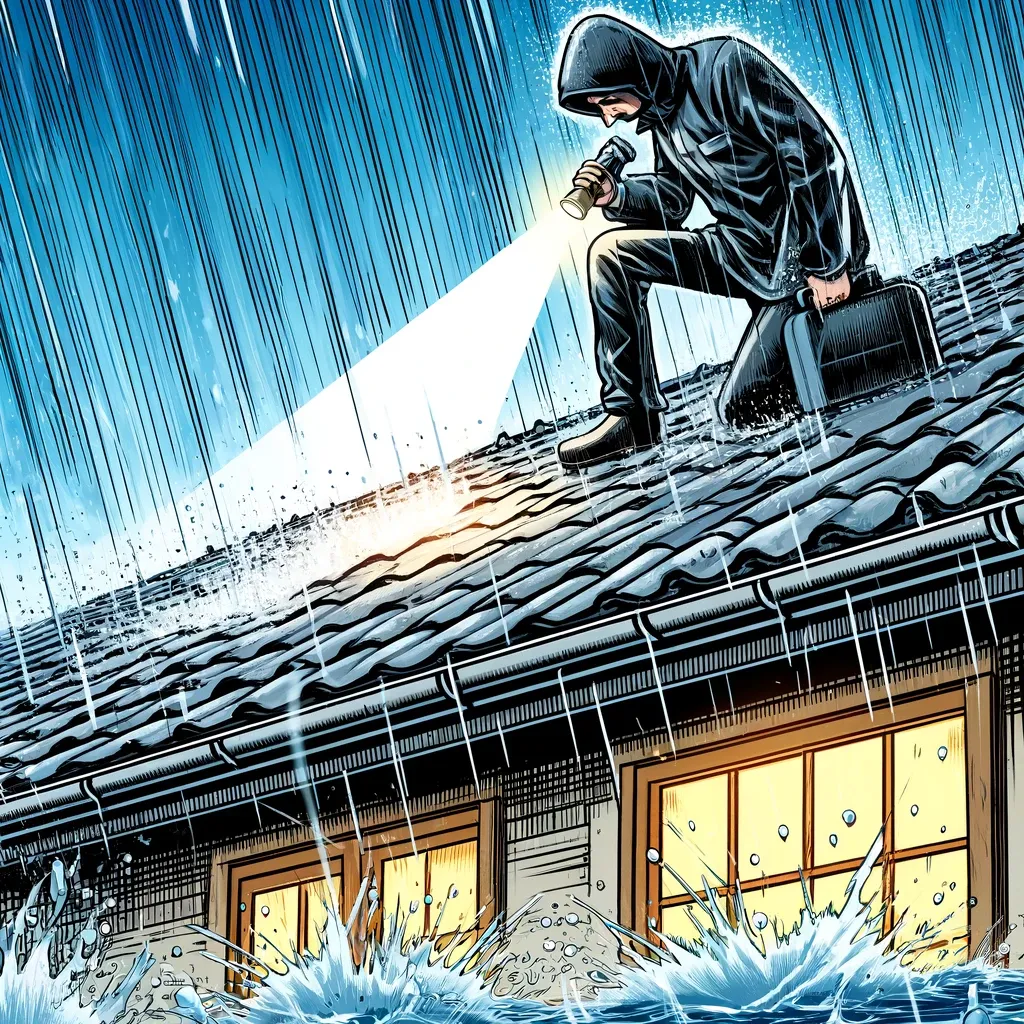
Low-End Repairs
Minor repairs, such as replacing a few damaged shingles or fixing small leaks, typically fall into the low-end cost range. On average, low-end repairs can range from $200 to $500, depending on the extent of the damage and the materials required.
Mid-Range Repairs
Mid-range repairs encompass a broader range of issues, including larger areas of damage or more complex repairs. These repairs often involve a greater amount of labor and materials, resulting in an average cost range of $500 to $1500. Factors such as the size of the roof and the type of materials used can influence the midpoint of this range.
High-End Repairs
High-end repairs are typically required for significant damage or extensive structural issues. These repairs involve more labor, specialized materials, and sometimes require permits. High-end repairs can cost anywhere from $1500 to $5000, depending on the severity of the damage and the complexity of the repair work.
Roof Repair vs. Replacement
Evaluating the Roof's Condition
Before deciding between repair and replacement, it's essential to evaluate the overall condition of your roof.
If minor issues can be easily addressed with repairs and the roof is relatively new, repair may be the most cost-effective option. However, if the roof has multiple problems, extensive damage, or is reaching the end of its expected lifespan, replacement may be necessary to ensure long-term durability and minimize future expenses.
Cost Considerations
While roof repairs are generally less expensive upfront, it's important to consider the long-term costs. If your roof requires frequent repairs and the overall expenses are accumulating, a replacement may be a more cost-effective choice in the long run.
Additionally, highly damaged roofs that may require extensive repair work might benefit from a full replacement, as it can provide a more comprehensive and long-lasting solution.
Long-term Benefits
A significant advantage of roof replacement is the opportunity to upgrade to more durable and energy-efficient materials.
Newer roofing materials can reduce energy consumption, increase insulation, and enhance the overall performance and longevity of your roof. By investing in a replacement, you can enjoy long-term savings on energy bills and potentially increase the value of your home.
Hiring Professional Roof Repair Contractors
Researching Local Roofers
When hiring a professional for your roof repair, it's crucial to do thorough research and find reputable local roofers. Look for contractors with experience, positive reviews, and a strong reputation in your community. Ask for recommendations from friends, family, or neighbors who have had successful experiences with roof repairs.
Obtaining Multiple Quotes
To ensure you are getting a fair price and accurate assessment of your repair needs, obtain multiple quotes from different contractors.
This allows you to compare prices, services, and the extent of work offered. Be cautious of extremely low bids, as they may indicate subpar workmanship or the use of low-quality materials.
Reviewing Credentials and Insurance
Before finalizing your decision, review the credentials and insurance of the prospective contractors. Ensure they are properly licensed, bonded, and insured to protect yourself from liability in case of accidents or property damage during the repair process. Request proof of insurance and any necessary permits before work begins.
Signing a Detailed Contract
Once you have selected a contractor, it's crucial to have a detailed contract in place. The contract should outline the scope of work, materials to be used, timelines, payment terms, and any warranties or guarantees provided.
Review the contract carefully and make sure you understand all terms and conditions before signing. A well-documented contract helps protect both parties and ensures clarity throughout the repair process.
DIY Roof Repair: Pros and Cons
Assessing Your Skills and Safety
Before attempting DIY roof repairs, honestly evaluate your skills, experience, and comfort level with working at heights. Roof repairs can be dangerous, and it's essential to prioritize your safety.
If you are inexperienced or uncomfortable with roof work, it is best to leave it to the professionals and focus on other home maintenance tasks that you are more comfortable handling.
Small Repairs You Can Do Yourself
There are certain small repairs that homeowners with the right skills and safety precautions can safely undertake.
These may include replacing a few damaged shingles, fixing minor leaks with sealant, or cleaning out gutters and downspouts. However, it's crucial to research proper techniques and follow safety guidelines when attempting DIY roof repairs.
Risks and Potential Cost Savings
While DIY repairs can save you money on labor costs, it's essential to consider the potential risks and drawbacks. Incorrect repairs can lead to more significant issues and may even void warranties or insurance coverage.
Roofing professionals have the necessary skills, tools, and expertise to ensure repairs are done correctly and safely. Assess the complexity of the repair, your own capabilities, and weigh the cost savings against the potential risks before deciding to take on DIY roof repairs.
Ways to Save on Roof Repair Costs
Regular Roof Maintenance
One of the most effective ways to save on roof repair costs is through regular maintenance.
By inspecting your roof periodically and addressing minor issues promptly, you can prevent small problems from escalating into significant and costly repairs.
Clean debris from gutters, trim overhanging branches, and keep an eye out for loose or damaged shingles. This proactive approach can help extend the lifespan of your roof and minimize repair expenses.
Comparing Quotes
Obtaining multiple quotes from different contractors allows you to compare prices and ensure you are getting the best deal.
However, it's equally important to consider the reputation, experience, and customer reviews when making your decision. Price should not be the only determining factor; quality of work and customer satisfaction should also play a significant role in your selection process.
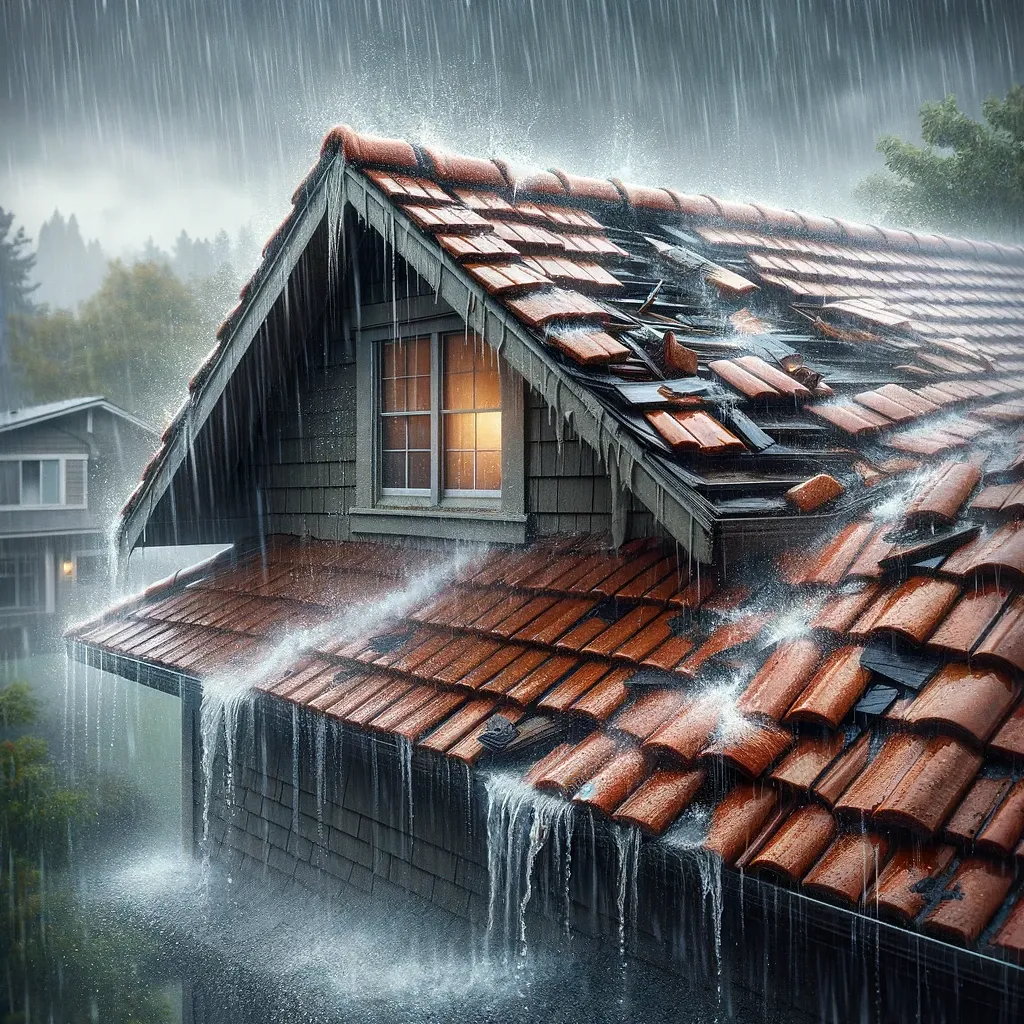
Considering Off-Peak Season
Roofing contractors are typically busier during peak seasons, like spring and fall, which can result in higher prices and longer wait times.
Consider scheduling your repairs during the off-peak seasons to potentially secure better pricing and faster service. However, it's important to ensure that weather conditions are suitable for roof repairs during your chosen time frame.
Exploring Financing Options
If the cost of repairs is outside your immediate budget, explore financing options that may be available to you. Some contractors offer financing plans or can help you navigate third-party financing options.
It's important to review the terms and interest rates carefully and ensure you can comfortably manage the repayment schedule before committing to any financing agreements.
Roof Repair Cost Calculator
Online Tools for Estimating Costs
To get a rough estimate of the costs involved in your roof repair project, you can utilize online roof repair cost calculators.
These tools consider factors such as roof size, type, and extent of damage to provide a ballpark figure. Keep in mind that these estimates are not substitutes for professional assessments, and actual costs may vary.
Factors Considered in Calculations
Roof repair cost calculators take into account various factors to arrive at an estimated cost. Some common elements included in the calculations are roof size, materials required, labor expenses, and the complexity of the repair work.
While these tools can be useful in providing an initial estimation, consulting with roofing professionals remains essential for accurate assessments and quotes.
Understanding the factors that influence roof repair costs is crucial for making informed decisions about maintaining and repairing your rooftop. The type of roof, size, extent of damage, materials used, and labor costs all play a role in determining the overall expense.
By considering common repair expenses, additional costs, and various cost-saving measures, you can budget effectively and prioritize the long-term health and durability of your roof.
Taking into account the pros and cons of DIY repairs and hiring professional contractors ensures a safe and efficient repair process. Investing in roof maintenance and exploring financing options can further aid in managing repair costs.
Ultimately, by making educated choices and regularly maintaining your roof, you can protect your home and enjoy a durable and dependable roof for many years to come.

